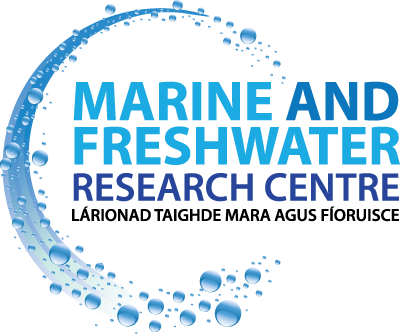MicroplastiX
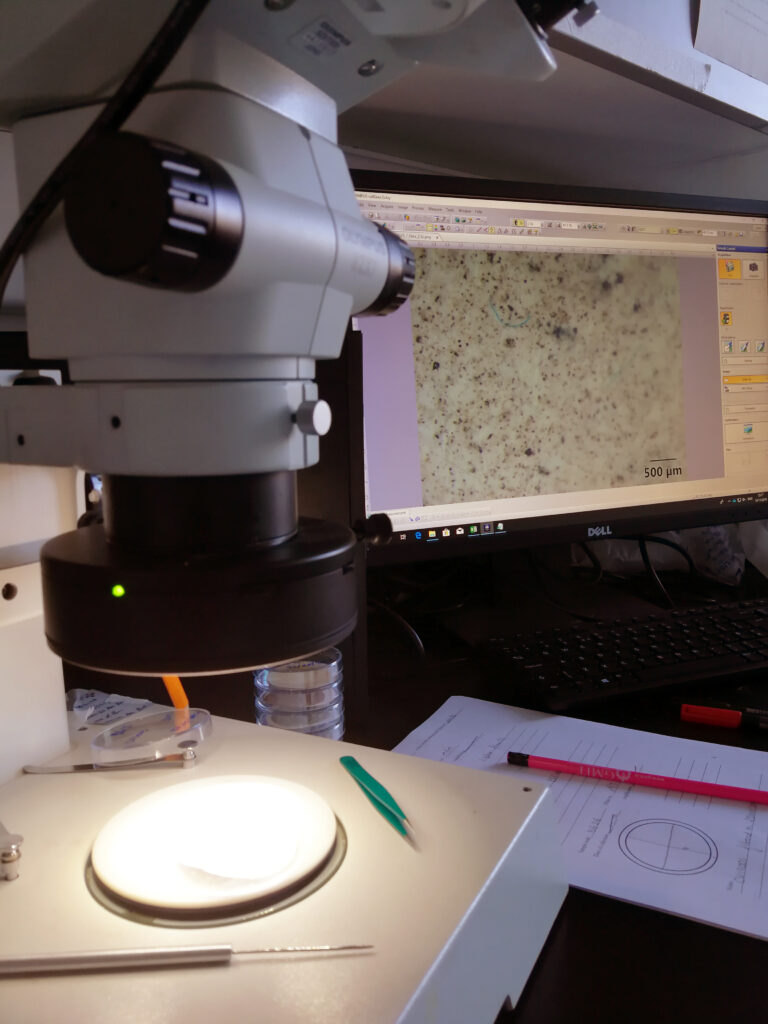
MicroplastiX is an international collaborative and interdisciplinary research project funded by JPI Oceans that focusses on how weathering and biofouling affect the degradation of microplastics in the marine environment. This project aims to overcome knowledge gaps on microplastic weathering, biofouling, and fragmentation and how these processes influence the distribution and dispersal of plastic particles. The […]
Impacts of flow on river ecology
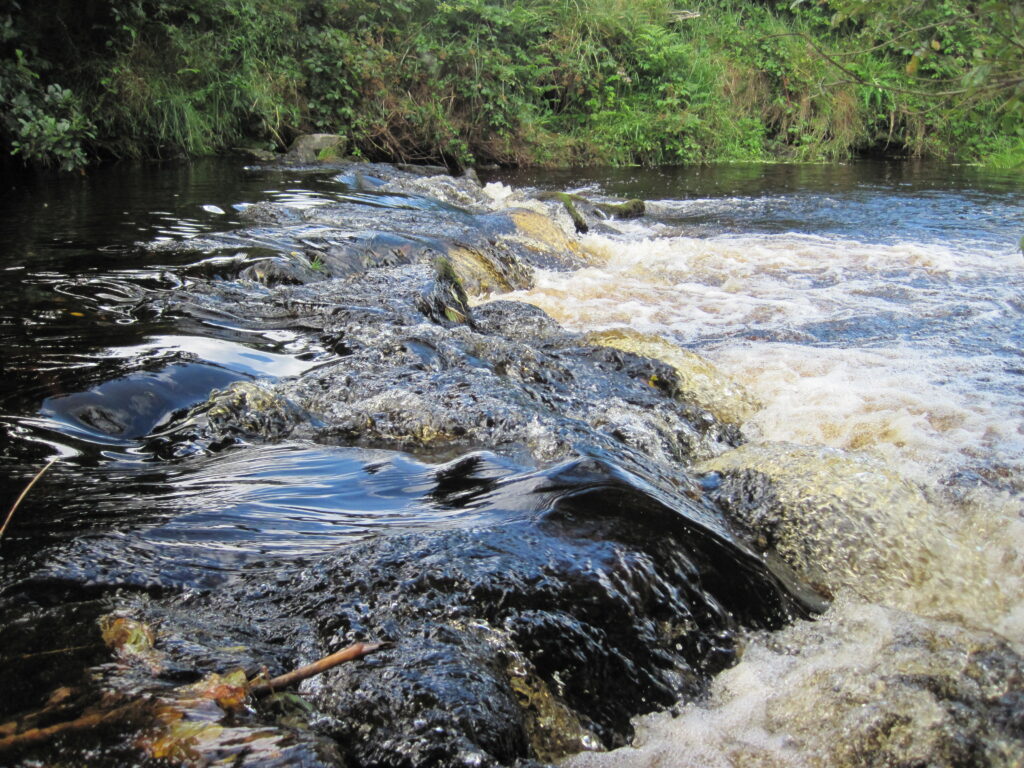
The objectives of this project were to: Test a range of macroinvertebrate flow indices using historical and current data, and develop appropriate macroinvertebrate flow indices for use in Irish river monitoring programmes; Employ statistical modelling approaches, using historical and current data, to infer the impact of flow on fish communities, and develop fish flow metrics; […]
Trophic diversity in marine protected areas
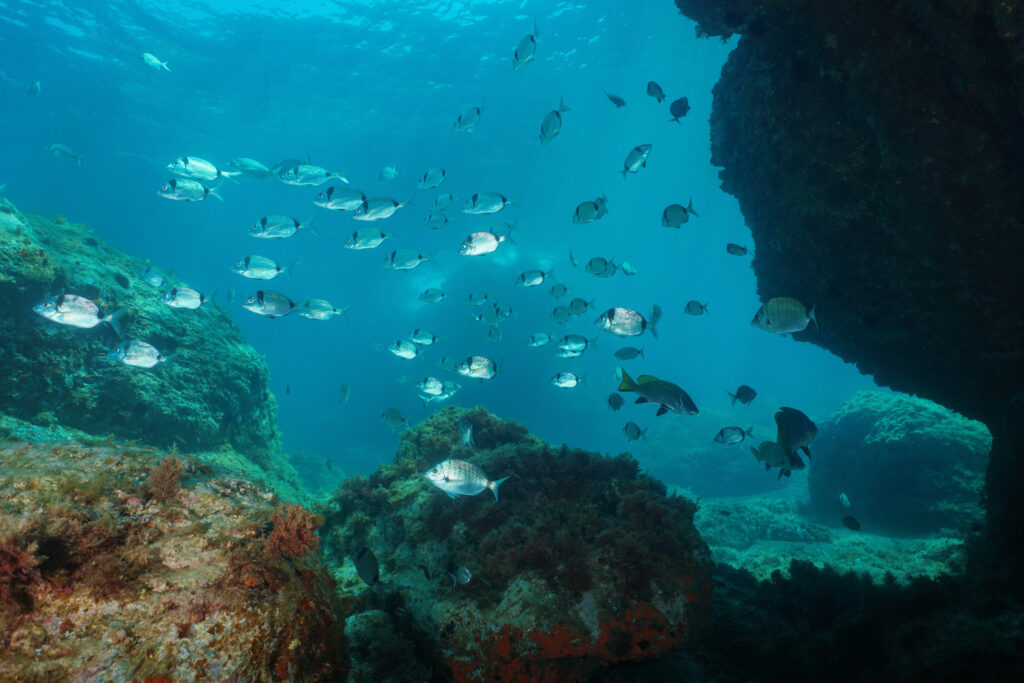
The METRODIVER project (2020-2023) aims to: 1) model the effects of Marine Protected Areas (MPAs) on trophic diversity and functioning, 2) identify aspects of MPA design that influence this relationship and 3) determine to what extent protection of trophic diversity by MPAs drives the delivery of ecosystem services and mediates fish health, and ultimately human […]
FishKOSM
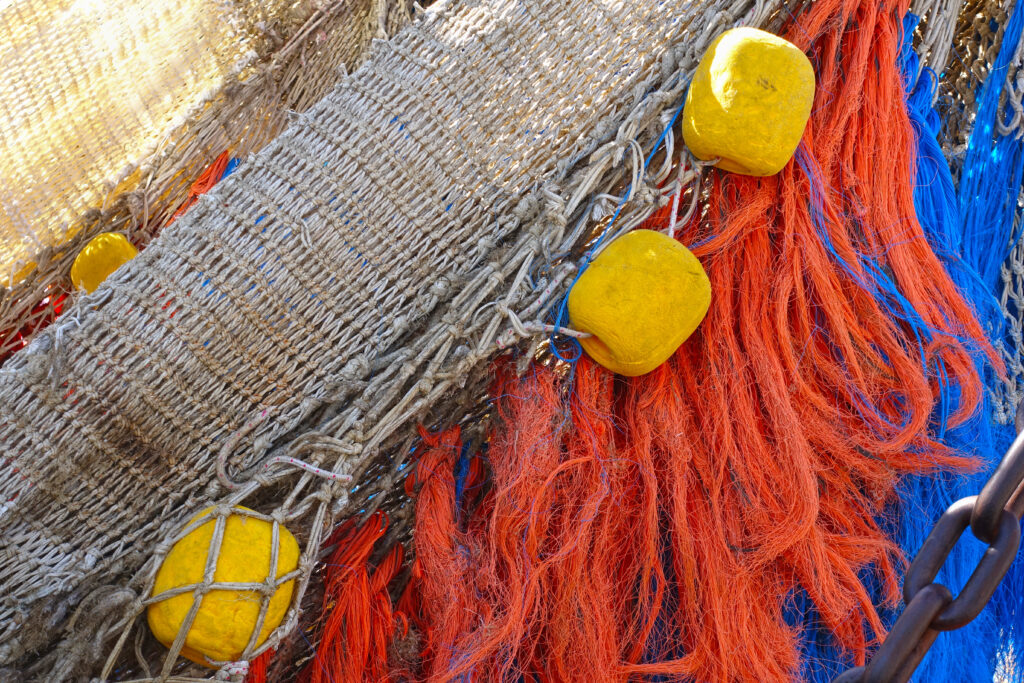
FishKOSM aims to increase our operational understanding of sustainable yields in mixed and multi-species fisheries. We are developing exciting modelling and predictive tools based on data and expertise to support an integrated approach to management and decision making, leading to an ecosystem approach to fisheries management. The project focuses specifically on the Celtic Sea and […]
SeaMonitor
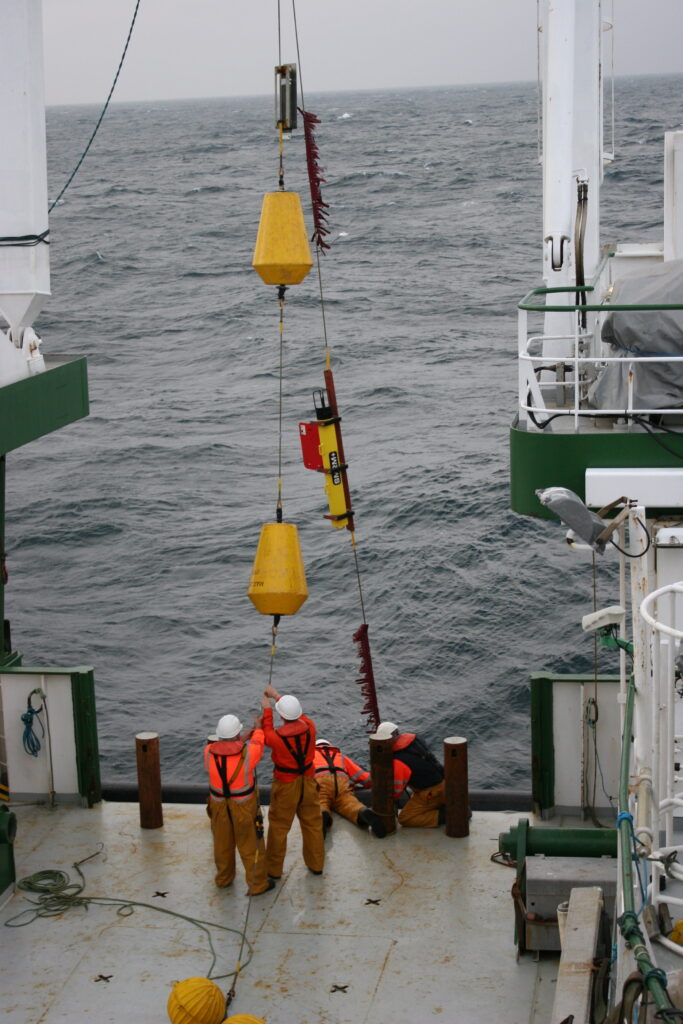
This four year project (2019-2022) is funded by the European Union’s INTERREG VA Programme (Environment Theme). It will address two Programme Output Indicators and directly deliver the objective of developing cross-border capacity for the monitoring and management of marine protected areas and species. SeaMonitor is a novel and comprehensive project, the first of its kind […]
Hen Harrier Project European Innovation Partnership
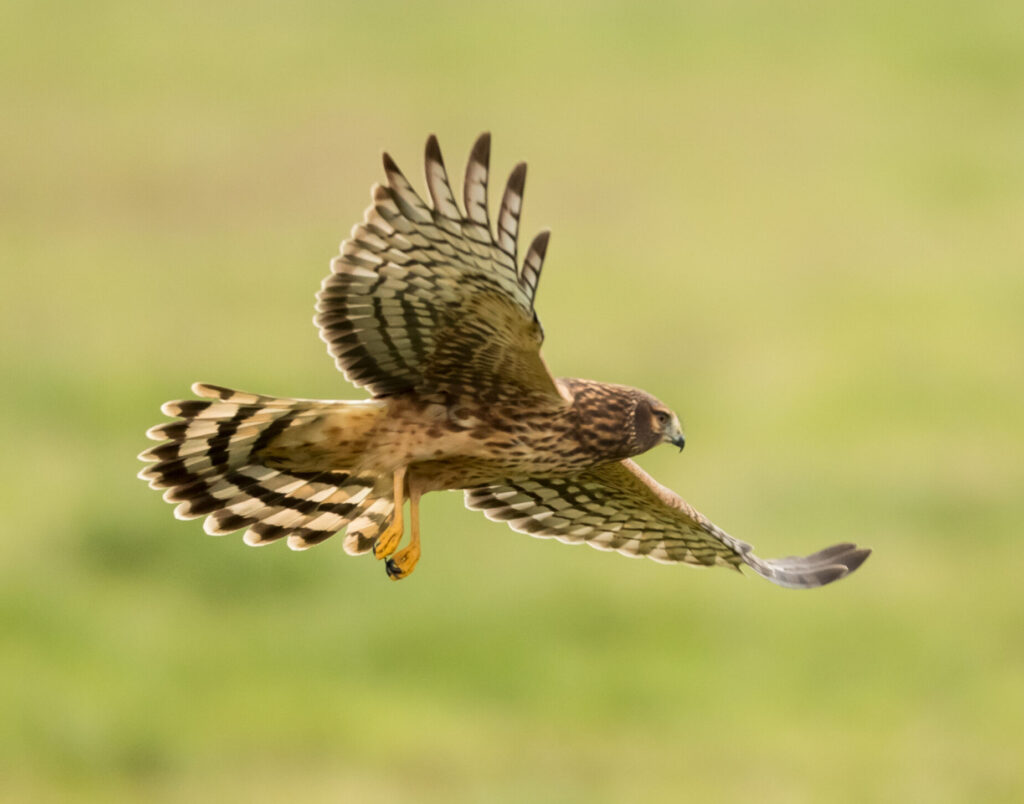
The Hen Harrier Project (2018-2023) is a European Innovation Partnership for Agriculture productivity and Sustainability (EIP AGRI). These innovation partnerships focus on societal benefits using multi-actor approaches fostering cooperation between research and innovation partners to achieve enhanced results for particular targets. The Hen Harrier Project aims to improve the sustainability of rural areas within areas […]
Unlocking the archive
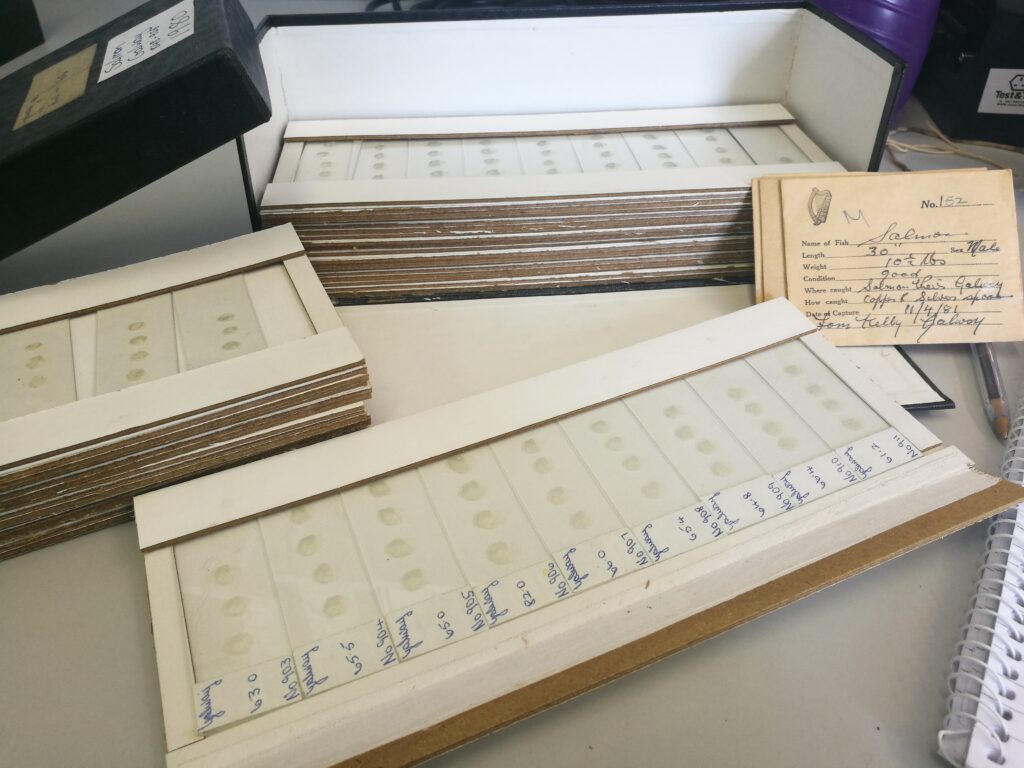
The Archive project (2016-2022) is a collaboration with the Marine Institute, funded under the Marine Research Programme by the Irish Government. An aim of the project is to consolidate national collections of scales, otoliths, associated images and data into a single biochronology repository, thus maximising the use of the archive by researchers. Time series of […]
Using eDNA to monitor Irish pollan

This project funded was under the Genetic Resources Grant Aid Scheme (Department of Agriculture, Food and the Marine). The aims were to (i) design and validate novel eDNA assays for the detection of pollan in Irish waters; (ii) test and apply a range of water sampling and filtration protocols for eDNA analysis; and (iii) evaluate […]
Conservation status of white-clawed crayfish
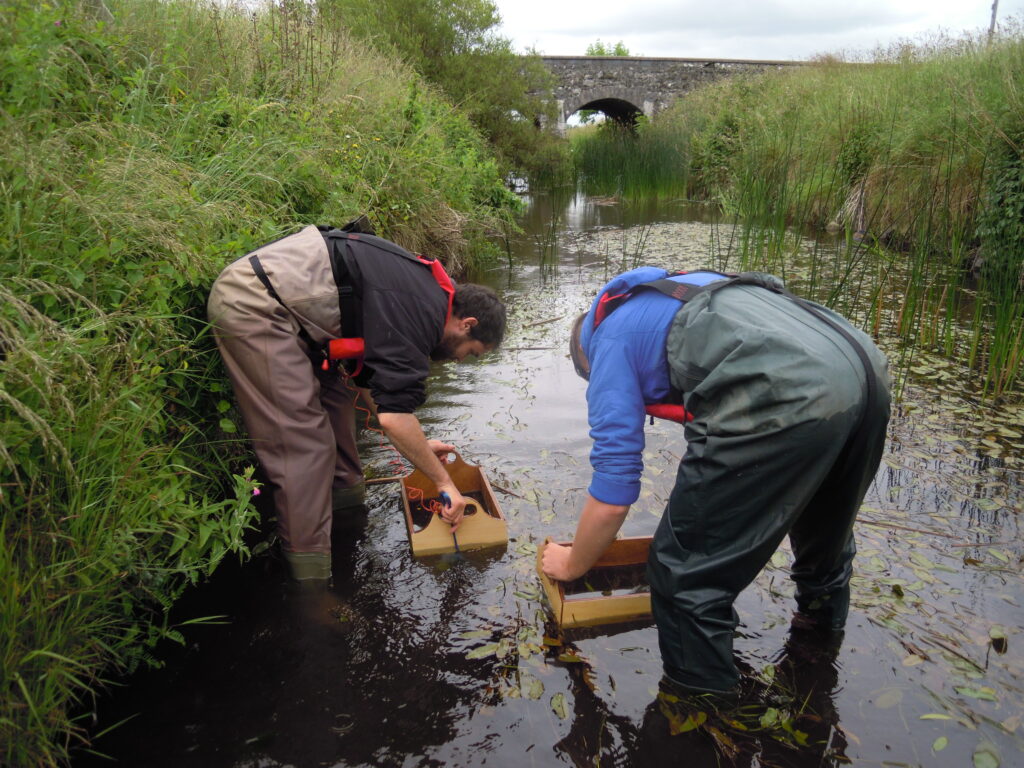
The objective of this project was to assess the conservation status of the White-clawed Crayfish, Austropotamobius pallipes, in all fifteen Special Areas of Conservation (SACs) in Ireland for which the species is listed as a qualifying interest, by (i) establishing the range of the species in the SACs, (ii) estimating the population size, (iii) quantifying […]
Seal Management and Conservation
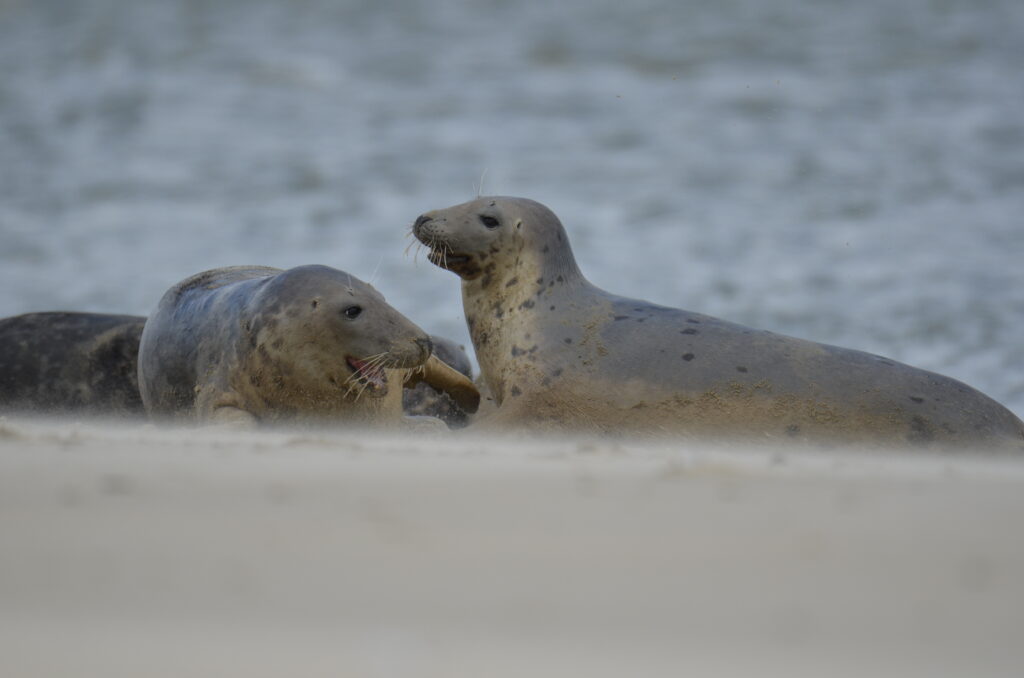
The main objectives of this project are to: (1) investigate population genetic structure among protected species of seal around Ireland and further afield; (2) investigate harbour seal habitat use in chosen SACs and around Ireland using a combination of photo-identification and genetic methodologies as well as citizen science; and (3) provide high quality knowledge required […]
